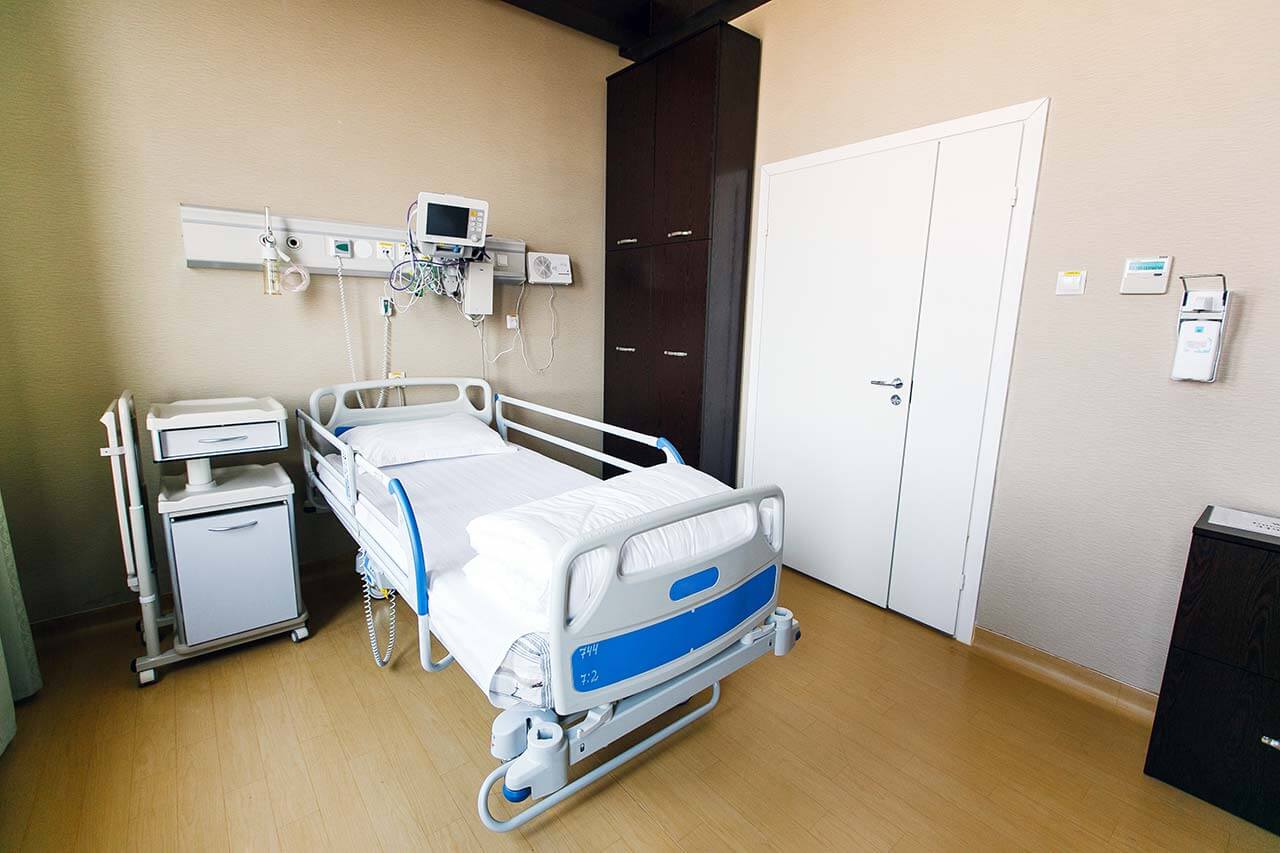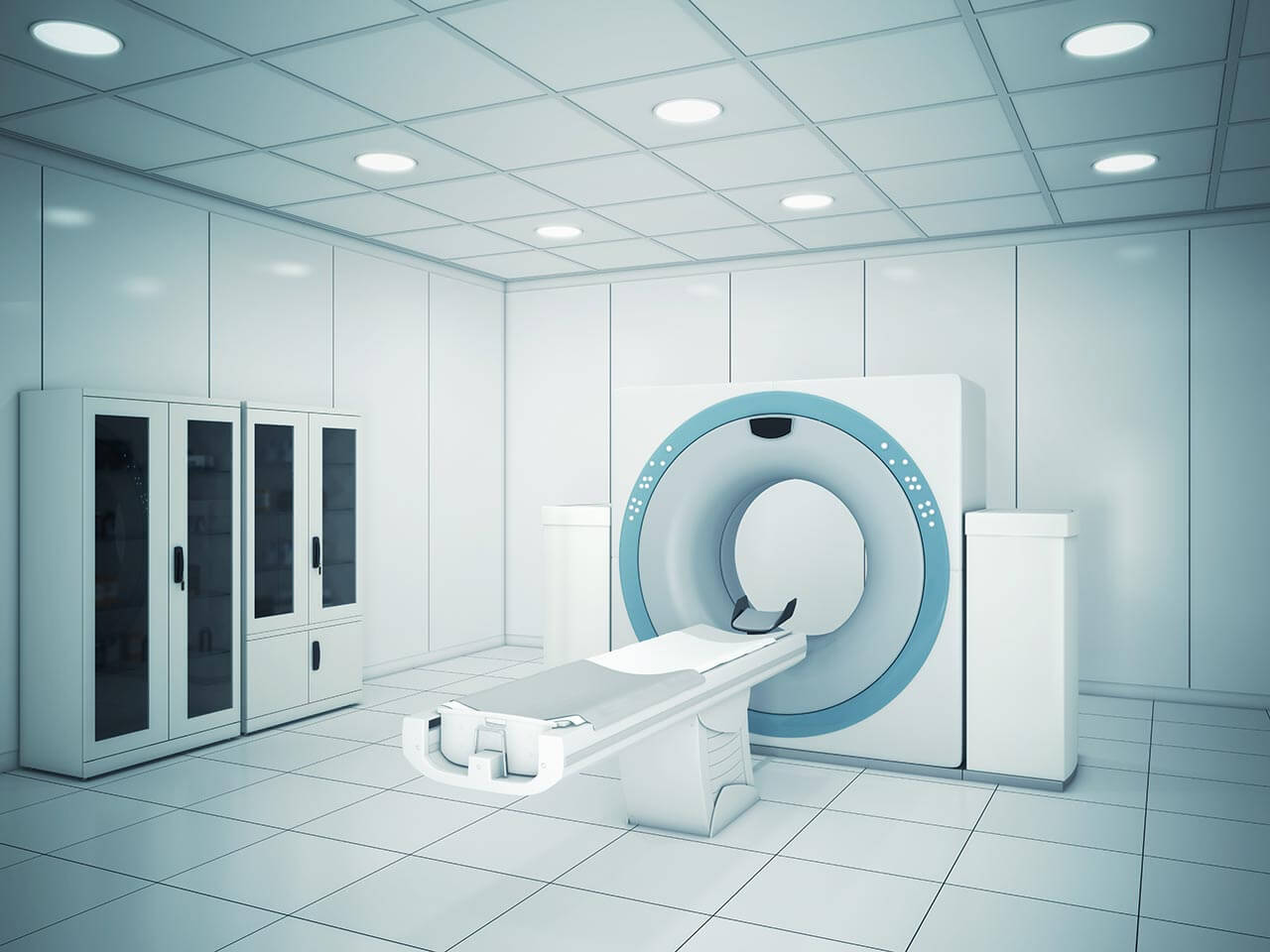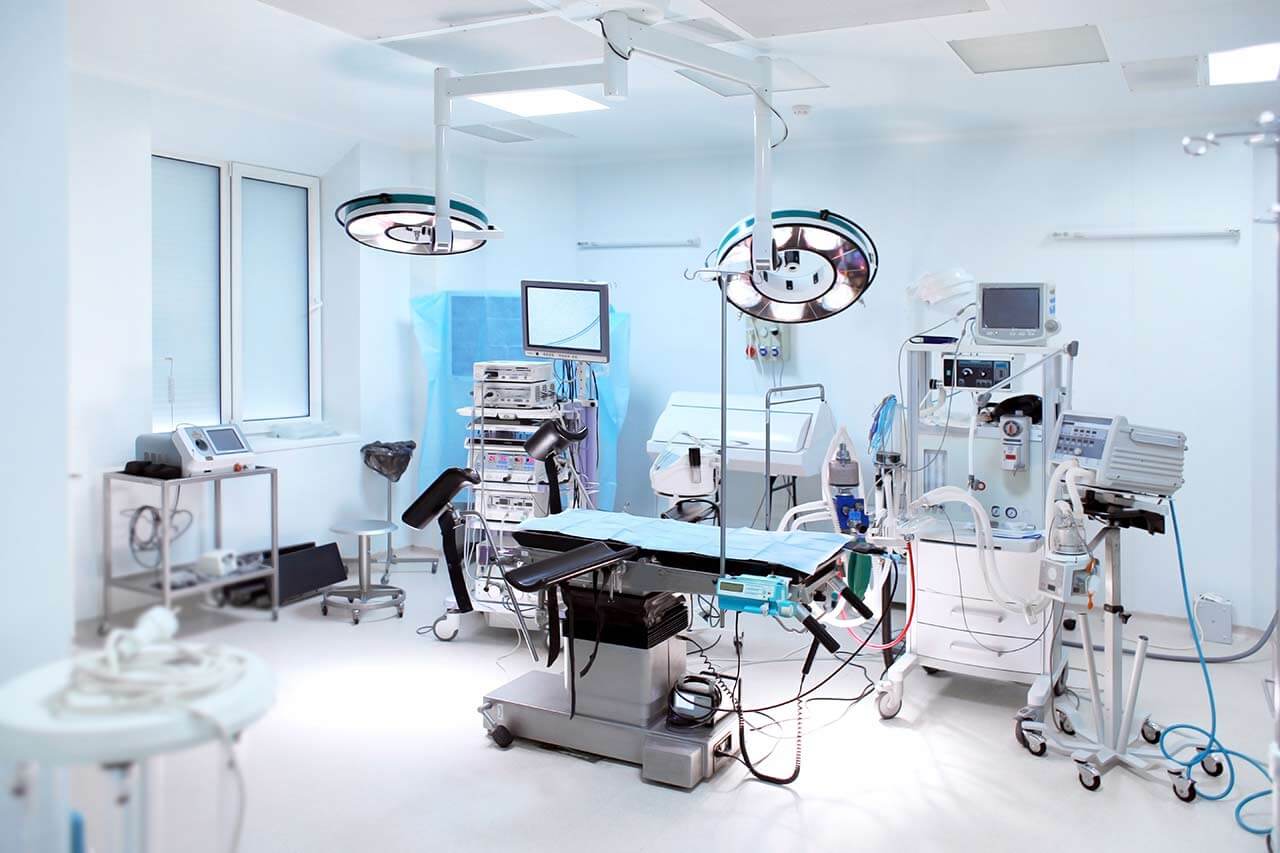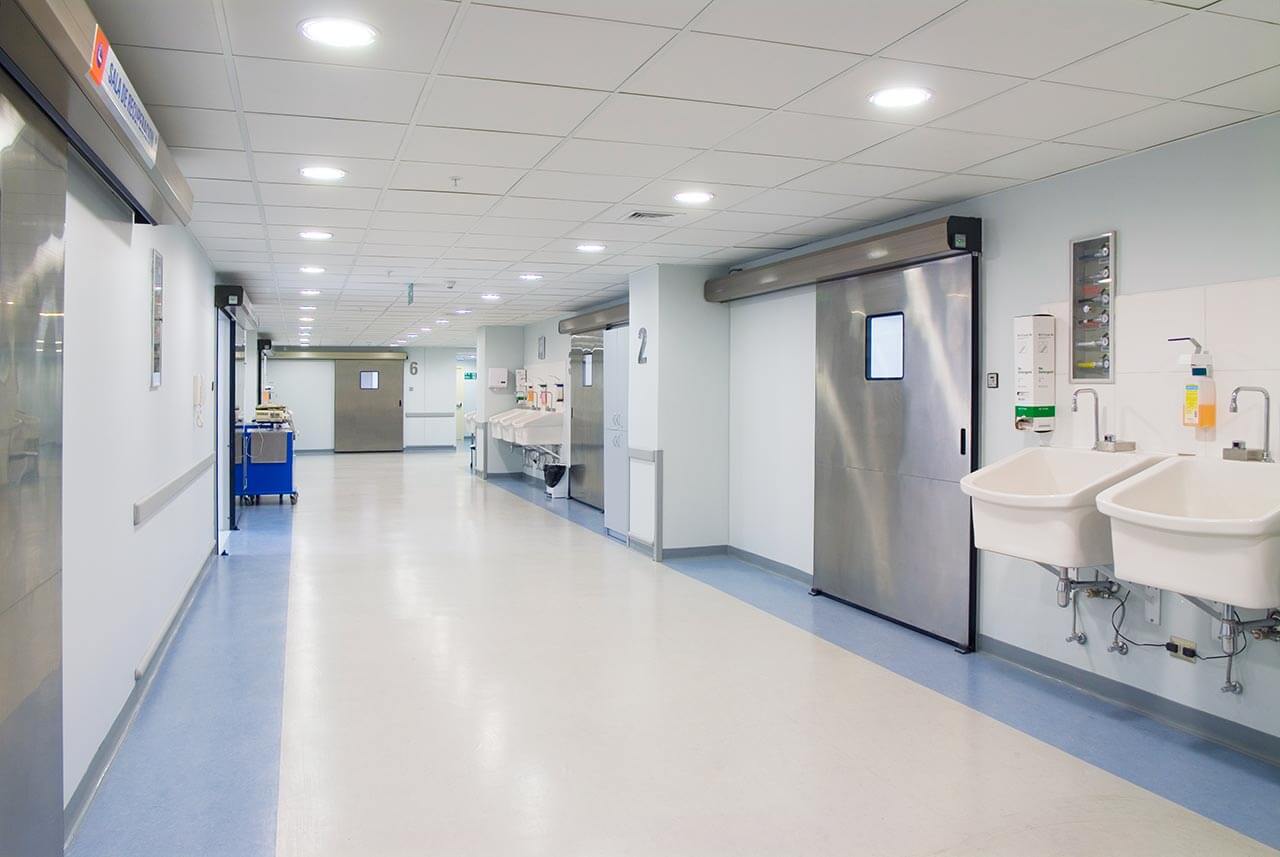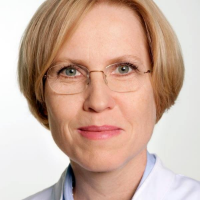
The program includes:
For 2 weeks before birth:
- Initial presentation in the clinic
- clinical history taking
- physical examination
- review of medical records
- laboratory tests:
- complete blood count
- biochemical analysis of blood
- indicators of inflammation (CRP, ESR)
- indicators blood coagulation
- pelvic ultrasound
- gynecological examination:
- transvaginal ultrasound
- colposcopy
- scraping with subsequent analysis
- fetal examination:
- 3 D sonography
- determine fetal position before delivery
- CTG
- nursing services
- treatment by chief physician and all leading experts
- maintaining an obstetrician until birth
Day of birth
- gynecological examination
- fetal examination
- preparation according to preoperative standard
- cesarean section
- symptomatic treatment
- control examinations
- the cost of essential medicines and materials
- nursing services
- full hospital accommodation
- explanation of future recommendations
After birth
- maintaining an obstetrician after birth
- examination during the postnatal period (during the first three weeks)
- control gynecological examinations during the postnatal period
- the first pediatric examination of the newborn
Required documents
- Medical records, obstetric history
Service
You may also book:
 BookingHealth Price from:
BookingHealth Price from:
About the department
The Department of Gynecology, Mammology and Obstetrics at the Alfried Krupp Hospital in Essen-Ruettenscheid provides the full range of modern diagnostic and therapeutic services in the areas of its specialization. The team of the department's gynecologists successfully carries out both conservative and surgical treatment of diseases of the female reproductive system. The specialists of the medical facility achieve excellent results in the fight against gynecologic oncological diseases: uterine, cervical, ovarian, and vulvar cancers. The priority focus of clinical practice is also on the treatment of benign and malignant breast diseases, which is carried out within the specialized center certified by the German Cancer Society and the German Society of Senology. In addition, the department admits patients suffering from urinary incontinence and pelvic organ prolapse. In this field, the department has been awarded the quality certificate of the German Continence Society. The department's therapeutic offer is complemented by high-quality obstetric services, which include integrated management of pregnancy, childbirth and postnatal care for a mother and her newborn. More than 1,000 babies are born in the department annually, so expectant mothers can be sure of the impeccable quality of medical services. The department is headed by Prof. Dr. med. Regine Gätje.
The department's gynecologists quite often admit patients suffering from general gynecologic diseases such as polyps, uterine fibroids, endometrial pathologies, bleeding, cervical dysplasia, inflammatory diseases and others. Whenever possible, the department's specialists carry out treatment using conservative methods, but in some cases a surgical intervention is still required. The department's gynecologists give preference to minimally invasive surgical techniques, and therefore even in the case of surgery patients undergo the most sparing treatment.
In addition, the department has successful experience in providing medical care to women suffering from cancer of the reproductive system. Of particular interest to doctors is the diagnostics and treatment of uterine and cervical cancer, ovarian cancer, and fallopian tube cancer. Since the development of a malignant tumor at the early stages is mostly asymptomatic, experts recommend the women to undergo regular preventive examinations. Should cancer be confirmed in a woman, gynecologists will develop the optimal treatment tactics. Oncologists and radiation therapists are also necessarily involved in the therapeutic process – doctors cooperatively consider each clinical case and possible treatment options, striving to develop the most effective, but at the same time sparing treatment regimen. When planning a course of therapy, not only clinical data are taken into account, but also the woman's age, since the decisive moment in young women is fertility preservation. Gynecologic cancer treatment is usually based on the surgical resection of the tumor, and the entire organ and adjacent tissues affected by the pathological process often have to be resected as well. To destroy the remaining cancer cells, an individually selected chemotherapy and/or radiation therapy regimen is used.
The department has a specialized Breast Center, the main task of which is breast cancer treatment. The health of women with this diagnosis is in the safe hands of a large interdisciplinary team of competent doctors, consisting of breast care specialists, gynecologists, oncologists, radiation therapists, psycho-oncologists and other experts. The first stage of the therapeutic process is diagnostics, including a complex of laboratory tests, ultrasound scans, mammography, biopsy. Sometimes additional X-ray, CT, MRI, skeletal scintigraphy and other diagnostic tests may be required. The obtained diagnostic data are considered during an interdisciplinary board, according to the results of which the necessary treatment is prescribed. The first-line therapy is surgical resection of the tumor and, in some cases, total mastectomy (breast removal). In 70% of cases, the department's specialists manage to perform breast-conserving surgery. Conservative breast cancer treatment methods include chemotherapy, radiation therapy, hormone therapy, and antibody therapy. Psychological care is also an integral part of the therapeutic process.
The department has a reputation of one of the best maternity hospitals in the region. All modern methods of monitoring the course of pregnancy in each trimester are available here, including high-risk pregnancies and multiple pregnancies. Three delivery rooms are equipped for childbirth, including one room with a tub for water childbirth. During childbirth, women are offered various methods of pain management – epidural anesthesia, acupuncture, aromatherapy, homeopathy, etc. With appropriate clinical indications, C-section is performed.
The department's range of medical services includes:
- Gynecology
- Diagnostics and treatment of general gynecologic diseases
- Bleeding
- Polyps
- Uterine fibroids
- Endometriosis
- Cervical dysplasia
- Inflammatory processes in the female reproductive system
- Conservative therapy (pharmacotherapy)
- Surgical treatment (laparoscopy, laparotomy, hysteroscopy)
- Diagnostics and treatment of gynecologic cancers
- Uterine cancer
- Cervical cancer
- Ovarian cancer
- Endometrial cancer
- Fallopian tube cancer
- Vulvar cancer
- Vaginal cancer
- Chemotherapy
- Radiation therapy
- Surgery
- Diagnostics and treatment of general gynecologic diseases
- Mammology
- Diagnostics and treatment of breast cancer
- Surgery
- Mastectomy
- Organ-conserving surgery
- Reconstructive surgery with the use of autologous tissues, implants and expanders, including nipple and areola reconstruction
- Conservative treatment
- Chemotherapy
- Radiation therapy
- Hormone therapy
- Antibody therapy
- Surgery
- Diagnostics and treatment of breast cancer
- Obstetrics
- Integrated management of pregnancy
- Childbirth, including water birth and C-section (if clinically indicated)
- Postpartum care for mother and newborn baby
- Other services
Curriculum vitae
Prof. Dr. med. Regine Gätje is a leading specialist in gynecology. She is the Head of the Department of Gynecology, Mammology and Obstetrics at the Alfried Krupp Hospital in Essen-Ruettenscheid. Prof. Gätje has been practicing medicine and researching for over 20 years. Thanks to her long experience, Dr. Regine Gätje has gained fame and recognition not only in Germany, but also in many other countries. Of particular clinical interest to Prof. Gätje is the diagnostics and treatment of breast, uterine, ovarian, cervical cancer, as well as uterine fibroids, polycystic ovaries, endocrine disorders of gynecological genesis and other diseases in women.
Photo of the doctor: (c) Alfried Krupp Krankenhaus
About hospital
The Alfried Krupp Hospital in Essen-Ruettenscheid began its work back in 1870, and large-scale restoration took place here in 1980. The medical facility is an academic hospital of the University of Duisburg-Essen, thanks to which it has access to innovations in the medical field, and also makes its own contribution to the development of modern therapeutic techniques. The hospital has 13 departments and various highly specialized centers, including the Breast Center, Endoprosthetics Center, Lung Cancer Center, Trauma Center and others. The hospital has 575 beds for patient hospitalization. The hospital also offers outpatient medical care. Every year, the hospital's team of doctors admits over 80,000 patients for diagnostics and treatment. For many years, the medical facility has held a leading position in the German medical arena, and is also widely known for its high quality standards in many other countries of the world. The hospital can be proud of its successful experience in providing medical care to foreign patients.
The priority fields of the hospital's work include the treatment of oncological, hematological, gastroenterological, gynecological, urological, neurological, orthopedic and other diseases. The high quality standards of medical care are facilitated by the constant updating of medical equipment and advanced training courses for medical personnel. The hospital widely applies modern methods of conservative treatment, progressive laparoscopic surgical techniques, as well as innovative robotic surgery using the da Vinci Xi system.
The medical facility has been awarded numerous quality certificates confirming the outstanding clinical work of its specialists. These include, in particular, a certificate of the German Society for General and Visceral Surgery (DGAV) in the field of bariatric surgery, colorectal surgery, pancreatic surgery and minimally invasive surgery, an endoCert certificate in the field of joint replacement surgery, a certificate of the German Cardiac Society (DGK) in the field of emergency cardiac care, a certificate of the German Cancer Society (DKG) in the treatment of prostate and lung cancer, a certificate of the German Stroke Society, a certificate of the German Society of Phlebology and others.
Special attention should be paid to the exceptional professionalism of the doctors working at the hospital, who apply all their rich experience and deep knowledge to restore the health of patients. The specialists use an individual approach in their work and carefully think over each treatment regimen so that the patient gets the maximum result, but at the same time the course of therapy is as sparing as possible. The hospital's team of doctors keeps pace with the very latest medical advances and actively implements them into clinical practice for the benefit of patients.
Photo: (с) depositphotos
Accommodation in hospital
Patients rooms
The patients of the Alfried Krupp Hospital in Essen-Ruettenscheid live in comfortable single and double rooms with light colors. For maximum convenience, each patient room has an ensuite bathroom with shower and toilet. The patient room includes a comfortable automatically adjustable bed with an orthopedic mattress, a bedside table, a wardrobe, a table and chairs, as well as a TV and a telephone. Wi-Fi is available upon request.
The hospital also offers enhanced-comfort rooms corresponding to the level of an upscale hotel room. Such patient rooms additionally include upholstered furniture, a safe, a minifridge, and an air conditioner. Daily fresh newspapers, seasonal fruits, coffee and tea are offered to the patient in the room (upon request).
Meals and Menus
The patients of the hospital are offered delicious meals three times a day. Breakfast and dinner are served buffet style with a wide selection of cheese, cold meats, vegetables, fruits, pastries, etc. For lunch, there is a choice of several set menus. The patients living in an enhanced-comfort room benefit from a separate menu for breakfast, lunch and dinner with a large assortment of delicious dishes.
Further details
Standard rooms include:
Religion
The services of representatives of religions are available upon request.
Accompanying person
During an inpatient program, an accompanying person can stay with you in the patient room or in a hotel of your choice.
Hotel
During an outpatient program, you can stay in a hotel of your choice. The managers will help you choose the most suitable options.
